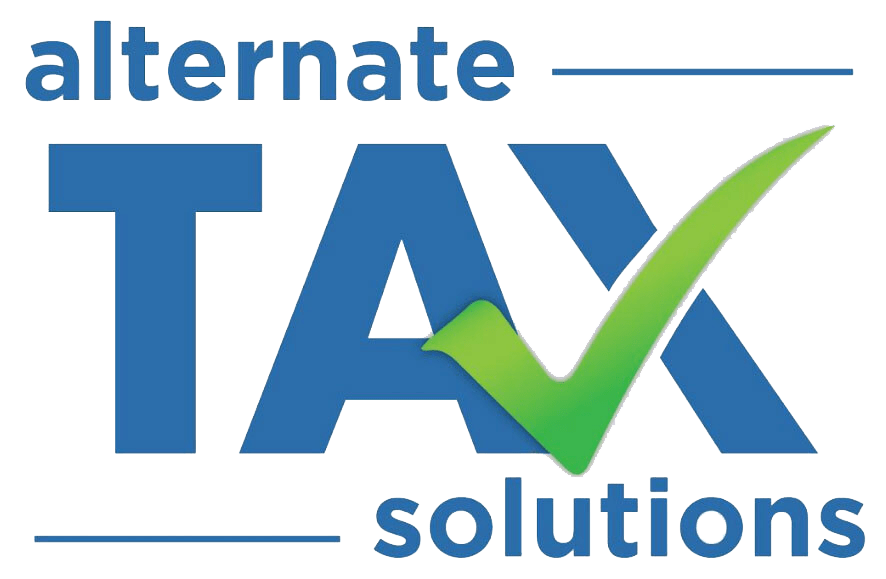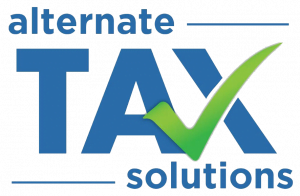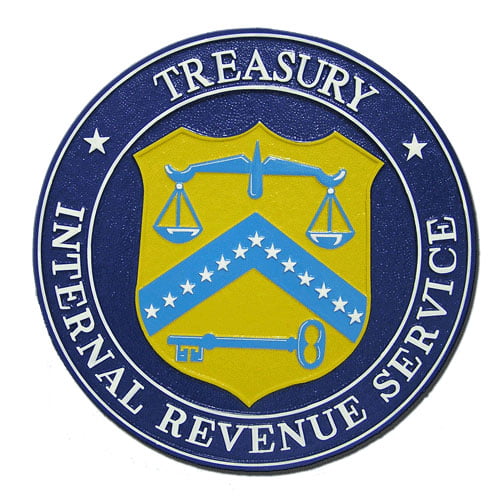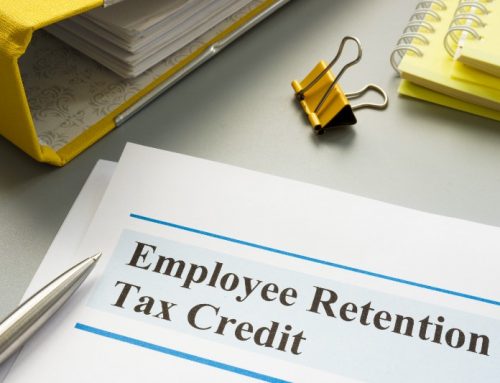Understanding the New IRS Requirements for R&D Credit Refunds
On October 15, 2021, the IRS Office of the Chief Counsel issued a memorandum that imposes new requirements for filing refund claims for R&D tax credits. The notice sets forth three new pieces of information that taxpayers will be required to submit and has been met with widespread disapproval throughout the tax profession. The IRS has asked for comment and will seek to enforce the new rules beginning January 10, 2022.
This new documentation requirement will be overly burdensome for taxpayers and will potentially discourage companies from claiming R&D credit refunds that they are entitled to. However, this is merely one of many problems with the memo. This article will provide an overview of what the IRS is asking, as well as give insight into how taxpayers should prepare to handle R&D credit claims going forward. It should be noted that as of November of 2021, this requirement only applies to taxpayers seeking claims for refunds and would only be submitted in conjunction with an amended return.
New Information Required
In addition to a Form 6765, the IRS will now ask taxpayers to provide the following information in written format:
- Identify all the business components to which the I.R.C. § 41 research credit claim relates for that year.
- For each business component:
- Identify all research activities performed
- Identify all individuals who performed each research activity
- Identify all the information each individual sought to discover
- Provide the total qualified employee wage expenses, total qualified supply expenses, and total qualified contract research expenses for the claim year. (This may be done using Form 6765 Credit for Increasing Research Activities.)
Key Takeaways
The IRS has faced a large backlog of R&D credit refunds. The memo claims that this new requirement will help alleviate the IRS administrative burden in approving R&D refunds. This approach is used by various states to approve state R&D claims, including Virginia and Arizona. However, key disagreements between taxpayers and agents and lack of R&D credit experience amongst agents, especially in the SB/SE division, make this requirement and review process ripe for controversy. This requirement will most likely result in more lawsuits and credit disputes for the IRS while potentially weakening the U.S.’s already declining R&D incentive for businesses. It is for these reasons that the tax profession has raised strong objections during the comment process.
There is a large chance that these new requirements will be eliminated or modified in some effect. However, taxpayers need to be prepared to provide the information requested to the IRS when submitting an amended return with claim for a refund. Fortunately, a good R&D credit study will be able to answer most of the questions required by the memo. An R&D credit study should articulate the business component test, how uncertainties were eliminated, the research activities performed, the personnel performing those activities, and the total wage expenses.
For more information on how the IRS’s new requirements may affect your company’s R&D credit claim, please contact Alternate Tax Solutions.





